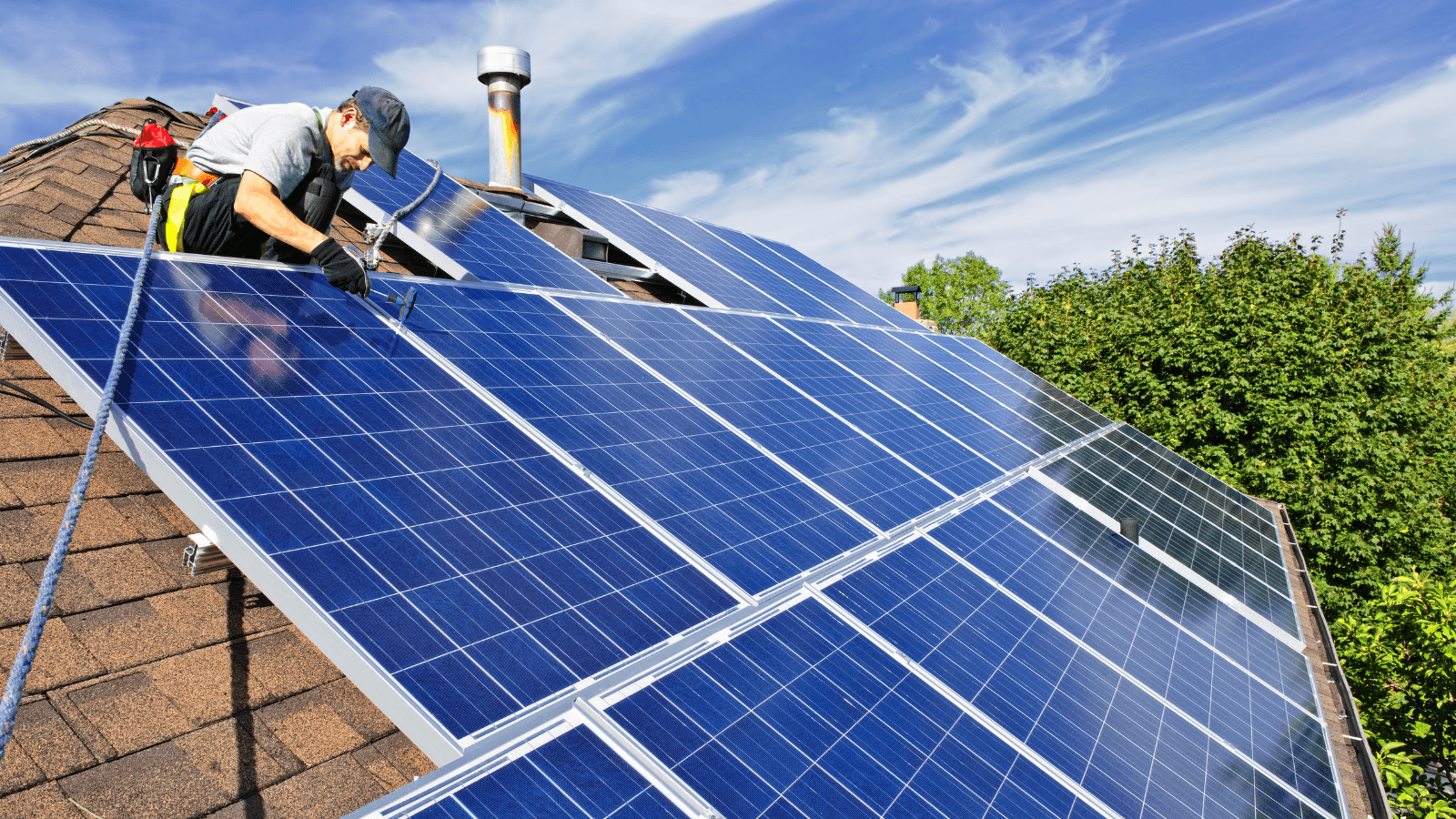
As pro-life evangelicals, scripture calls us to be good stewards of all God’s creation – this includes both the natural world as well as each other, especially children. Defending children’s health is not just an ethical calling, but a biblical one. The commonwealth of Pennsylvania has the opportunity to defend children’s health through two proposed bills: Senate Bill 230 (AEPS/Community Solar) and House Bill 1032 (Solar for Schools Grant Program).
The current Alternative Energy Portfolio Standard (AEPS) was signed into law in November 2004 and requires Pennsylvania utilities to obtain 18% retail electricity from alternative resources by May 2021. These goals have been met. As of now, tier 1 is 7.5% and is made up of solar photovoltaics and solar thermal, wind, low-impact hydropower, geothermal, biomass, and fuel cells. SB 230 increases tier 1 renewables goals from 8% to 30% by 2030 and enables community solar. Community Solar allows energy customers to receive credits for some of the energy output of a local solar panel array. As of 2022, 22 states, including most in our region, allow
community solar. The Solar for Schools Grant Program would create a grant to fund solar energy assessments and help pay for installation and equipment for a solar energy system for schools throughout our commonwealth.
These bills open up new doors and avenues for Pennsylvanian families and school districts to reap the benefits of solar who may not ordinarily be able to do so because of the upfront financial investment. Families who are renters or who live in areas that are shaded would also benefit from community solar. This bill would allow lower and middle-income families to choose clean energy and save money on their energy bills. With a grant relieving the burden of upfront costs, school districts would be able to take advantage of reduced energy burden, allowing them to reinvest these funds into things that matter like educator salaries, books and supplies, and building updates.
Both bills also have economic benefits. Community Solar would benefit all ratepayers by supplying extra energy to the grid during peak demand on hot days when prices are highest, lowering the overall energy burden of families across the commonwealth. In addition, both bills would encourage private investment and creation of local jobs through the entire solar supply chain including installers, contractors, investors and site preparation. They would allow private capital to connect community solar projects to the grid and upgrade the electricity network for the benefit of consumers and school districts alike.
Most of all, both bills would increase the amount of clean, pollution-free energy coming onto the grid. This would allow us to defend the health of our children by providing clean air and clean water for them because, unlike fossil fuels, solar panels do not emit pollutants into the atmosphere or contribute to warming, which has health impacts. A warmer climate results in increases in occurrences of Lyme disease, asthma attacks and other respiratory issues, instances of cancer, and more.
Pennsylvania has historically been an energy leader, but we’re falling behind other states in the necessary transition to renewable energy. Together, these bills would help us reap the economic benefits of solar for ratepayers, communities, workers, and school districts while creating energy in ways that minimize the health impact on the hearts, minds, and lungs of our children.






